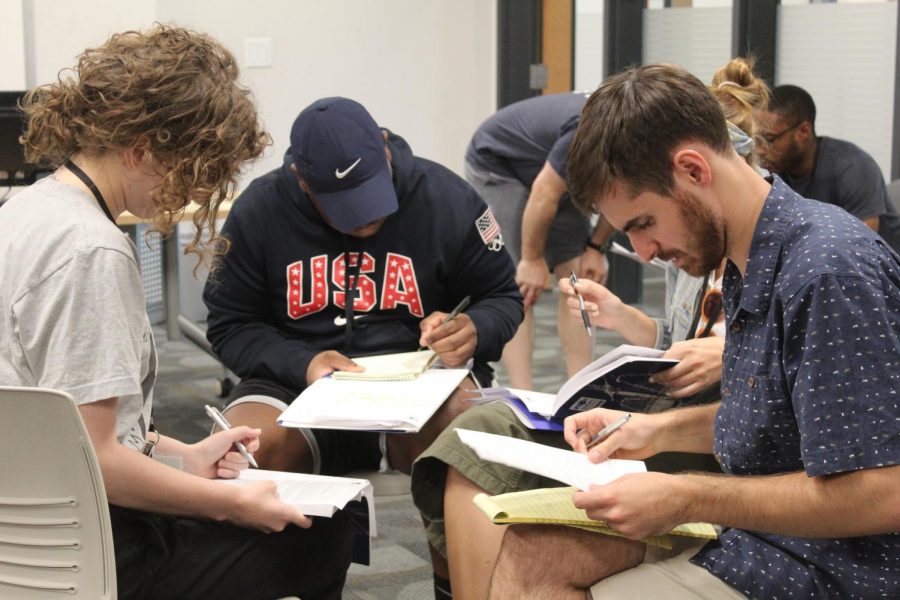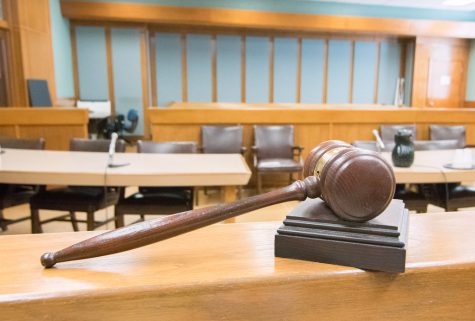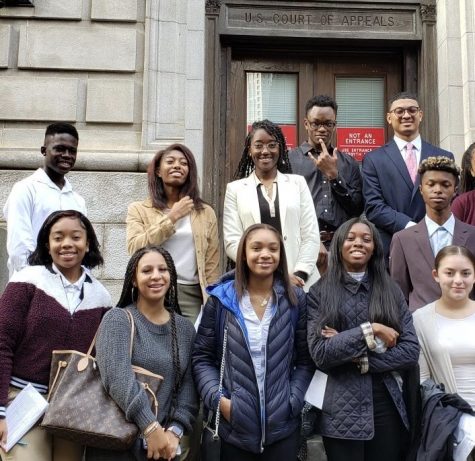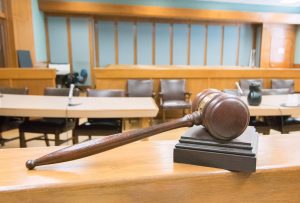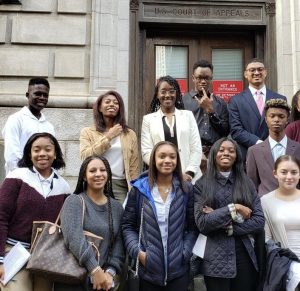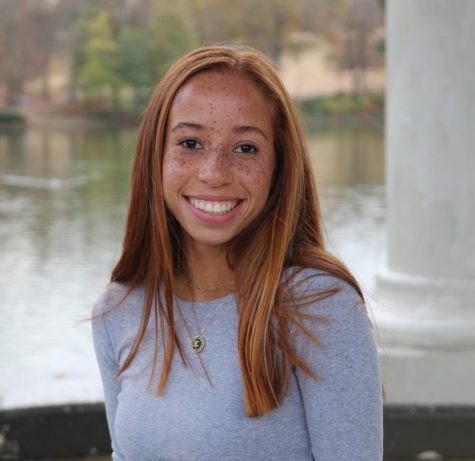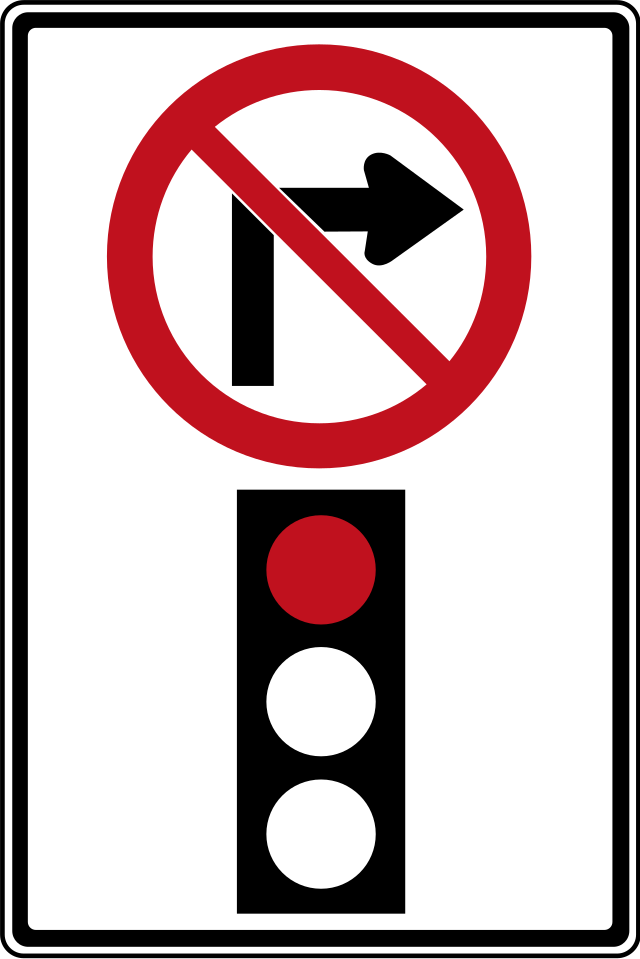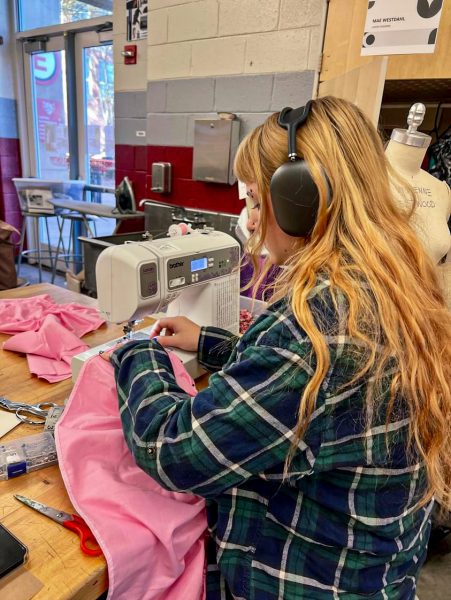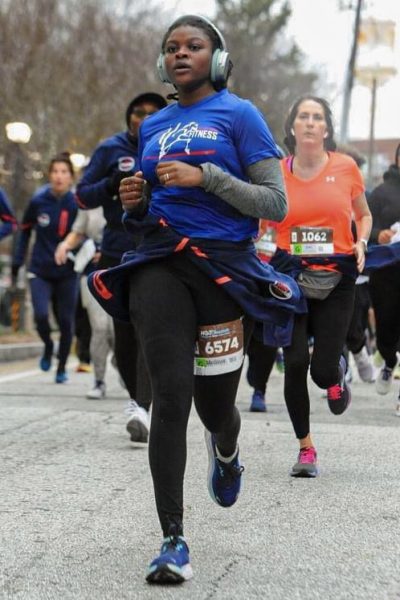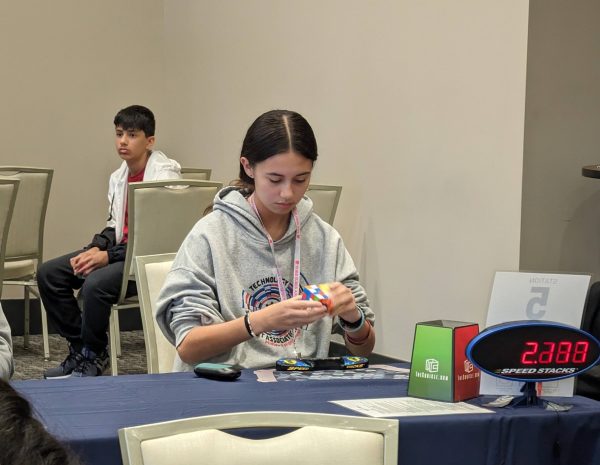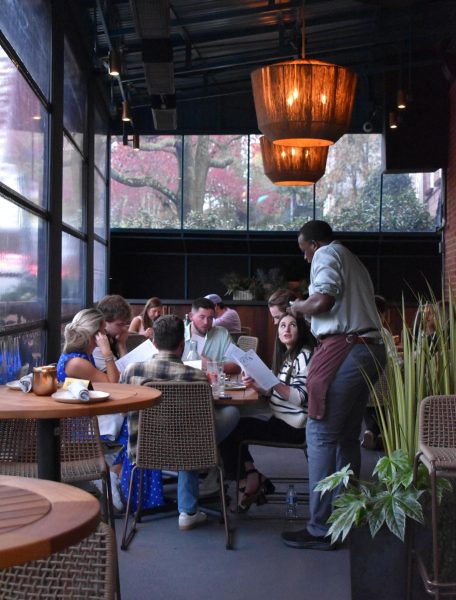Nonprofit ‘Gideon’s Promise’ provides legal counsel to public defenders
March 6, 2020
By the fall of 2007, public defender Jonathan Rapping was fed up with the culture of the criminal justice system. He had worked as a public defender in Washington D.C for 10 years, assisted the creation of the first state-wide public defender system in Georgia and had seen the injustices of the system firsthand.
Rapping wanted to fix the culture of the system that resulted in “broken promises.” So, he and his wife, Ilham Askia, got to work.
Creating the Promise
“I started to really see systems that didn’t care about poor people,” Rapping said. “The goal was clearing dockets, not really hearing people’s stories and giving them justice. The whole system was about moving case files as if there weren’t human beings attached to them.”
Rapping saw a lot of consistency with his experience of rebuilding the New Orleans public defender’s office after Hurricane Katrina in 2005.
“I saw the same thing, just public defenders who were passionate but who were just having their passion beaten out of them,” Rapping said.
Rapping realized that the only way the systematically-flawed public defender system could be improved was if systematic changes were made. So in 2007, he and his wife Ilham Askia, who was a school teacher at the time, created The Southern Public Defender Training Center.
“If the education system fails its children, oftentimes, the criminal justice system swallows them up, and a public defender is the person on the front line to advocate for that kid,” Askia said about her experience with teaching kids in some of the toughest parts of the country. “Why not provide support to public defenders to help them truly advocate for their clients?
The nonprofit aims to provide training and support for public defenders in “broken” systems across the south. Thirteen years later, Rapping has a Macarthur “Genius” Award under his belt, and Askia is the executive director of what is now “Gideon’s Promise.”
“When you teach these lawyers how to practice the right way and they push back against the system that has accepted injustice, after a while, they can start to change that system,” Rapping said. “We’re teaching lawyers what every client deserves — what you or I would want for the people we love.”
Over these 13 years, Rapping and Askia expanded Gideon’s Promise to a nationwide organization, through state partnerships that train and mentor public defenders.
“They call Gideon’s Promise their third child,” Aaliyah Rapping, Rapping and Askia’s oldest daughter said. Aaliyah, who is on the Southerner’s staff, has grown up surrounded by public defenders and attending the training sessions for as long as she can remember.
Training begins with the “Core 101” program made for lawyers who have been public defenders for less than three years. The training starts with a two-week intensive bootcamp where lawyers learn skills like how to humanize clients and allow the jury to empathize with the client. After this training session, lawyers are paired with mentors who can work with them and advise them, which creates a nationwide network for new public defenders.
Every six months for the next three years after the “Core 101” course, the defenders reconvene to discuss the progress they’ve made and struggles they’ve had.
After making success with the first few graduating classes, the organization gained momentum. Askia and Rapping realized they needed to continue support for graduated members of the organization. They created an alumni program where graduates can become trainers for incoming attorneys. From there, they created a leadership program, as well as a trainer development program and then secured a law school partnership to recruit future public defenders.
Rapping emphasizes that the main goal of the training is to give public defenders the tools they need to give a voice to the voiceless.
“We find passionate public defenders who care about justice, who refuse to give into what the system wants them to do, who push back against it, and if enough of them do that, they can start to change the system,” Rapping said. “Gideon’s Promise isn’t just about training lawyers, it’s about building a movement of lawyers to transform a culture that has come to see some lives as expendable.”
Impacting the community
Rapping and Askia agree that having their children grow up immersed in the progression and evolution of the Gideon’s Promise has shaped who they are today.
“To me, Gideon’s Promise has been as instrumental in shaping Aaliyah and Lucas as anything we’ve ever done,” Rapping said. “These [public defenders in the program] were the adults who I wanted to be [my children’s] role models. These were the people who lived the values that I wanted my children to embrace.”
Aaliyah says that having attended almost every training session, she was able to interact and form connections with adults who inspired her. The public defenders motivated her and gave her confidence to speak and ask questions at the meetings.
“I’m passionate about criminal justice reform … I get to hear about first-hand experience with injustices in the system, and that really motivates me to want to do something about it in the future,” Aaliyah said.
Aaliyah says that her parents and their organization inspired her to start her own path towards law, joining the mock trial team her freshman year and competing in the highly-selective national high school “Gladiator” mock trial tournament the summer of 2019.
Aaliyah says she’s thankful for her parents’ encouragement in her involvement with the organization and with mock trial.
Junior Zoya Charania is also a member of the mock trial team. Similar to Rapping, Charania wants to be a public defender and represent clients in New Orleans. She says she admires how Giddeon’s Promise aims to transform the culture of the justice system, and she appreciates Rapping’s assistance with the mock trial team.
“Aaliyah’s dad will help out with [practice space]; so, he lets us use the John Marshall Law School (where Rapping teaches criminal law) to work,” she said.
Although he’s not a coach, Charania says Rapping helps the team when members have questions about their high school case. Rapping and Askia also open up their home for the mock trial team to use as a practice space in the evenings.
“He helps out with certain questions or styles or how to add stuff that they would do in real court or that he did as a public defender,” Charania said. “At some practices, Aaliyah will just call her dad and ask him questions because he’s one of the parents that actually has an in-depth understanding of the law.”
Now a sophomore, Aaliyah remains actively involved in the organization and says she’s better able to understand the sacrifices her parents made to “help people who have never been helped in their life.”
“Watching my mom be able to help people is an inspiration to me because there’s so many other things she could be doing. She’s so smart; she has multiple degrees; she could be a politician, a principal now, a superintendent, but putting everything to the side and working towards this, is an inspiration to me,” Aaliyah said.
Rapping is also writing a book, “Gideon’s Promise: A Public Defender Movement to Transform Criminal Justice,” which is set for release on May 5. The book has already been endorsed by Bryan Stevenson, author of “Just Mercy,” 2018 Georgia democratic gubernatorial candidate Stacy Abrams and author James Forman Jr., the son of Civil Rights activist James Forman.
“He’s passionate about all of the work he does, of course … but with this book, I think this is the most excited I’ve seen him about what he’s doing,” Aaliyah said. “I think this is something he sees as something he can leave [behind] that people can read and know about the legacy of Gideon’s Promise.”
Askia also thinks the book will solidify the importance of the values that she and her husband aim to instill in the public defenders trained through their organization.
“This book talks a lot about what it means to put the client first as a public defender and what the system needs to do to change itself, to transform it,” she said. “I really think it will change the way people are thinking about the legal system and how it needs to be repaired.”


